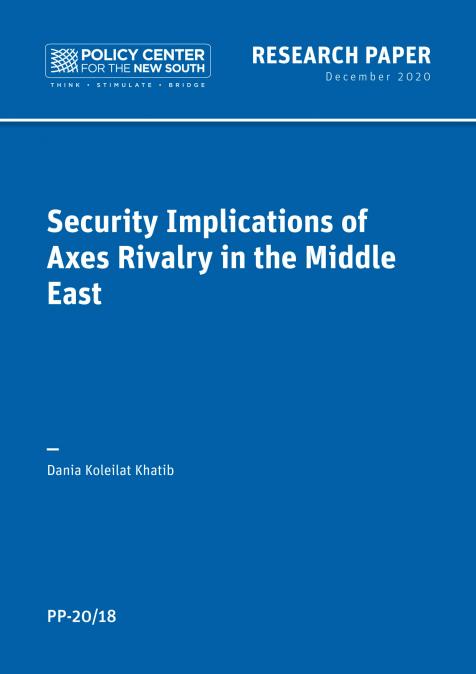Publications /
Book / Report
This paper looks at three ways to promote food security in Africa.
Having first introduced the issues, this paper brings together an expert group of authors to look at three ways in which critical linkages should be made in efforts to promote food security in Africa.
Katrin Kuhlmann examines the African “Development Corridors” movement, which consists of using existing roads and railroads that link mines and other investments with regional markets and ports to bring farmers into a system that can move food, goods, services, and information. Given that so many of the continent’s countries are either landlocked without access to ports or so small that local markets cannot provide adequate scale to create economic opportunities, access to regional markets is particularly important in sub-Saharan Africa. The legacy of arbitrary colonial boundaries and fragmented markets has exacerbated the problems of poor policy and regulatory environments and held back regional trade. In response, African leaders have begun to coalesce around the Development Corridors, an innovative approach to market development first proposed by Nelson Mandela, which could do for Africa what projects like the Erie Canal did for development in the United States.
Next, Timothy Searchinger explores the need to link food security in Africa to climate change solutions, given the interrelated nature of these challenges, and the need to make available funds do double duty. Despite its tiny contribution to global gross domestic product (GDP), African agriculture generates a significant and growing share of world greenhouse gas emissions, while modeling analyses show that farming in Africa will also bear the brunt of climate impacts through droughts and higher temperatures that depress crop yields. The opportunities for synergies between climate mitigation and adaptation efforts and food security initiatives represent the most practical and economical pathways for making progress on both fronts through measures that boost agricultural productivity.
Taking advantage of the opportunities to address food security and climate goals together requires agreement on a shared vision for African agriculture based on strong productivity gains through techniques that also reduce production emissions, limiting export agriculture to high value crops, protecting forests, and prioritizing use of African farmland to boost production of staple foods. Such a vision will require significant financial support. At the Copenhagen climate change meeting in 2009, developed countries pledged to provide $100 billion to developing countries for adaptation, mitigation, and general low carbon development. Although there are challenges in coming through with these funds in a tough fiscal environment, the imperatives of climate change will eventually force action. Both the Reduced Emissions from Deforestation and Degradation (REDD) and the Nationally Appropriate Mitigation Activities (NAMAs) frameworks offer a means to deploy funding to meet dual climate and food security goals. But the best opportunity lies in making them work together.
Finally, the 21st century global agricultural economy contains a host of international actors from the wider Atlantic Basin and beyond. While China’s role in Africa has received a lot of recent attention, Elisio Contini and Geraldo B. Martha, Jr. address the increasing role of Brazil in African agriculture and food security. Brazil-Africa agricultural trade is growing at a rapid pace. Brazil’s emergence as an “agricultural superpower” in just four decades has attracted the attention of African leaders. Agro-ecological similarities between the Brazilian cerrado and African savanna have opened the door to technological cooperation. And a number of foreign policy initiatives — Brazil has opened 16 new embassies on the continent in recent years — have led to increased Africa-Brazil engagement on food security, particularly via Embrapa, the Brazilian Agricultural Research Corporation, which has been active in providing technical assistance and extension services to African agriculture with support from the highest levels of Brazil’s political leadership.
This “Southern Atlantic” dimension to African food security — bringing together the resources of Latin America and Africa to realize the potential of the southern half of Atlantic Basin for trade, investment, and development based on solidarity and real interests — is of critical and growing importance. Any attempts to increase leverage through international coordination should find ways to incorporate not just U.S. and European interventions on food security in Africa but also those of Brazil.
Taken together, an increased focus on these linkages would be a significant contribution to current policy thinking and the long-run chances of success of the initiatives already underway to promote food security in Africa and beyond.







